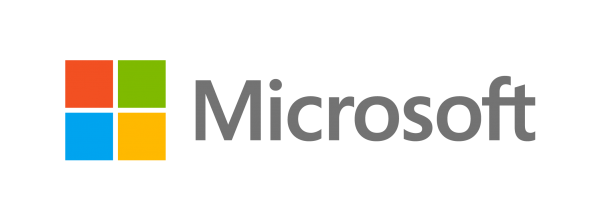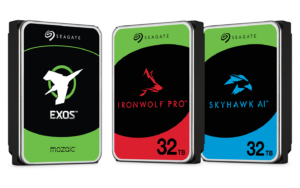Organisations worldwide are expected to spend nearly S$635 billion this year to deal with issues caused by malware-infected pirated software, according to a study commissioned by Microsoft.
Carried out by the International Data Corporation (IDC) and the National University of Singapore, the study was released as part of a Microsoft campaign aimed at linking malware to piracy.
Surveying 1,700 consumers, professionals and government officials from 15 countries, the study concluded that the lion’s share of enterprises’ anti-malware expenditure went to addressing security issues and data breaches, a hefty S$162 billion and S$464 billion respectively.
Consumers were not spared either, with the study expecting them to spend S$32 billion and 1.2 billion hours on computer fixes and security threats after installing malware-infected pirated software.
When surveying Singaporean consumers, the study found that Singaporeans were most concerned with loss of data, unauthorised Internet transactions and hijacking of e-mail, social networking and bank accounts. Despite this, a surprising 28 per cent of Singaporeans did not install security updates, leaving their computers open to cyber attacks.
Local government officials polled were also equally worried, with their greatest concerns being cybersecurity issues between trading partners, the impact of cyber attacks on critical infrastructure, as well as the loss of business trade secrets and competitive information.
Debunking the widely-held belief that pirated software leads to greater cost savings, IDC’s chief researcher John Gantz said that that the potential losses from security lapses in pirated software could leave once-profitable businesses on shaky ground,
“Buying legitimate software is less expensive in the long run – at least you know that you won’t get anything ‘extra’ in the form of malware” he added.







A house with many unsecured doors will have many intruders. Microsoft either cannot, or will not plug all the holes in its software. Many people have no choice but to use Microsoft, and Microsoft knows it.
In the first place, if the software are written with security in mind, these malware will be limited. Don’t believe, just read the news and see which big company doesn’t gets virus, and they are using original software with corporate license.
So just cut the bull and tell people to not use pirate because it hits their bottom line.
By the way, Linux and BSD are free as in $$ and also free of virus.